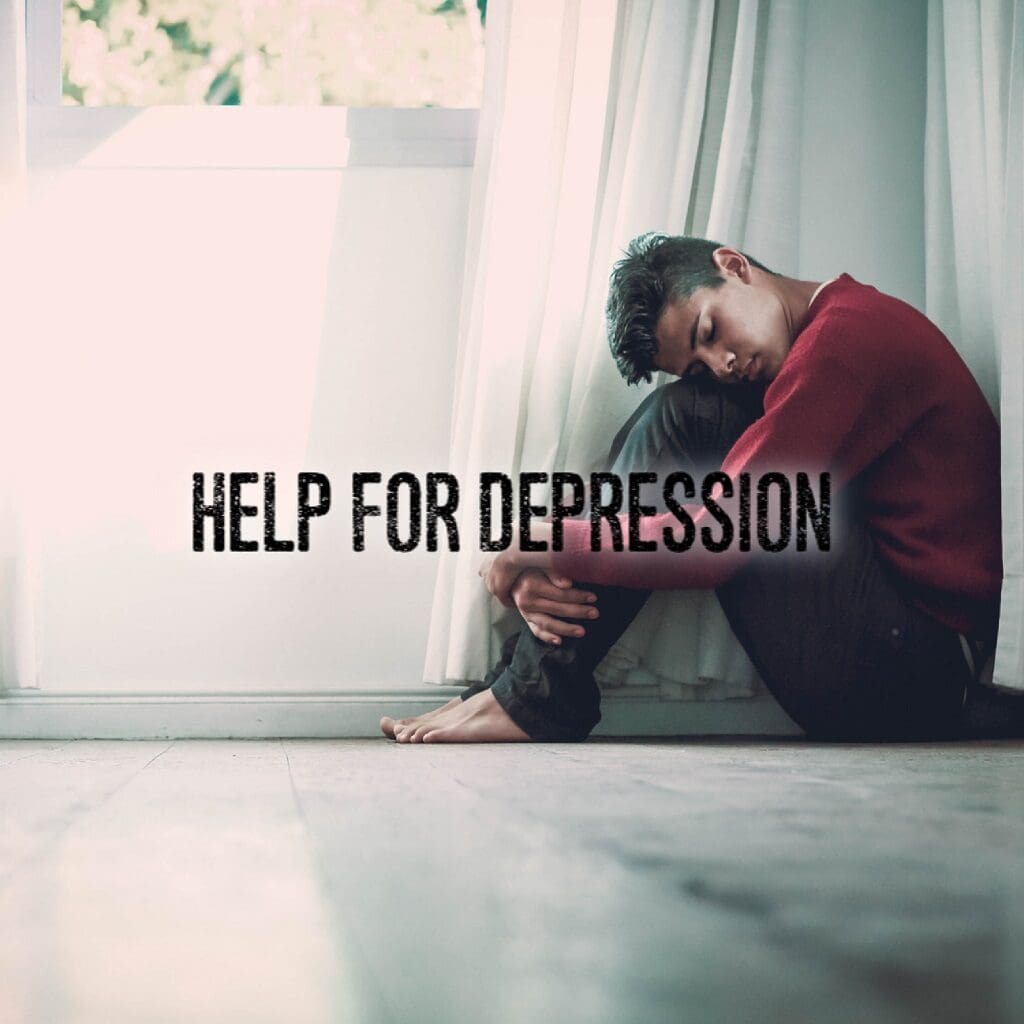
What is Depression
Most of us feel sad, down, or “blue” at some times in our lives. For most people, this feeling lasts a few hours or days at most before lifting. Sometimes distracting ourselves with goals, tasks, pleasant activities, or socializing helps lift our mood.
For some people, however, that feeling of sadness or loss of pleasure doesn’t lift easily. It may linger for weeks, months, or even years at a time. When this happens, we refer to this as depression.
Clinical depression (also called Major Depressive Disorder or MDD) is a diagnosis that is made when someone presents with five or more of the following symptoms that are present throughout two-weeks or longer. The symptoms must cause clinically-significant distress or impairment in functioning. At least one of the symptoms is either (a) depressed mood or (b) loss of interest or pleasure:
- Depressed mood most of the day, nearly every day
- Loss of interest or pleasure in most activities
- Changes in appetite or weight
- Changes in sleep
- Agitation or slowed movement
- Persistent fatigue or low energy
- Difficulty concentrating, thinking clearly, or making decisions
- Feelings of worthlessness or excessive thoughts of guilt
- Recurrent thoughts of, or actual plans to kill oneself
People with depression often have difficulties in school or at work. Often these difficulties also show up at home or in their relationships with others. Depression often occurs along with things like behaviour problems, learning disabilities, anger issues, anxiety, or chronic pain. Psychologists are well qualified to conduct assessments to diagnose and treat depression in children and adults.

Coping with Depression
A powerful CBT tool that helps with depression is scheduling activities. However, not any kind of activity is helpful. Try these activities outlined below!
Activity Scheduling for Depression
Schedule activities each day that involve:
Pleasure
Try an activity that you used to enjoy. This should be something purely hedonistic and fun. This includes things like:
- Playing an instrument
- Watching a sporting match
- Getting a massage
- Going out to a movie
- Making art
Mastery
Try an activity that gives you a sense of accomplishment and mastery. This includes things like:
- Learning a new language
- Learning to play a sport or musical instrument
- Painting your fence
- Cleaning out your garage
- Going for a walk around the block
Closeness with Others
Schedule time for a phone call with a friend, a meal with a colleague or friend, or a fun activity with someone you enjoy. Attending a religious service, community group, or sports activity can also help!
Exercise
Try to get some sort of exercise each day. Start small. Even a walk up the street is a great start.
Mindfulness
Mindfulness practice is popular nowadays, and you can find some great podcasts or mindfulness practice online. Try googling mindfulness and see what comes up! See if there is a mindfulness group at a local church, library, or community centre near you.

Treatment for Depression
Evidence-based treatment for depression includes short-term cognitive behaviour therapy (CBT) treatment. Other therapies that can be helpful include interpersonal psychotherapy (IPT) as well as mindfulness meditation combined with CBT.
At Brookside Psychologists, our licensed Psychologists provide compassionate and effective treatment to help with depression. Finding a therapist can be a confusing process. Please don’t hesitate to contact us – let us help you navigate to find the help you need. Contact us today.
Our Clinicians Who Treat Depression
Community Resources for Depression
As our practice is not equipped to provide crisis intervention, if you are experiencing an emergency, please contact one of the Crisis Support Resources below, or visit your nearest hospital emergency room:
HAMILTON:
- Crisis Outreach and Support Team (COAST): 905-972-8338 (Hamilton)
HALTON:
- Crisis Outreach and Support Team (COAST): 1-877-825-9011 (Halton)
NIAGARA REGION PLEASE CALL ONE OF THE NIAGARA DISTRESS CENTRE 24-HOUR CRISIS LINES:
- St. Catharines, Niagara Falls And Area – 905-688-3711
- Port Colborne, Wainfleet and Area – 905-734-1212
- Fort Erie and Area – 905-382-0689
- Grimsby, West Lincoln – 905-563-6674
ONTARIO:
- Ontario Mental Health Helpline: 1-866-531-2600. They are available 24/7. You can call, email, or chat to find help.
